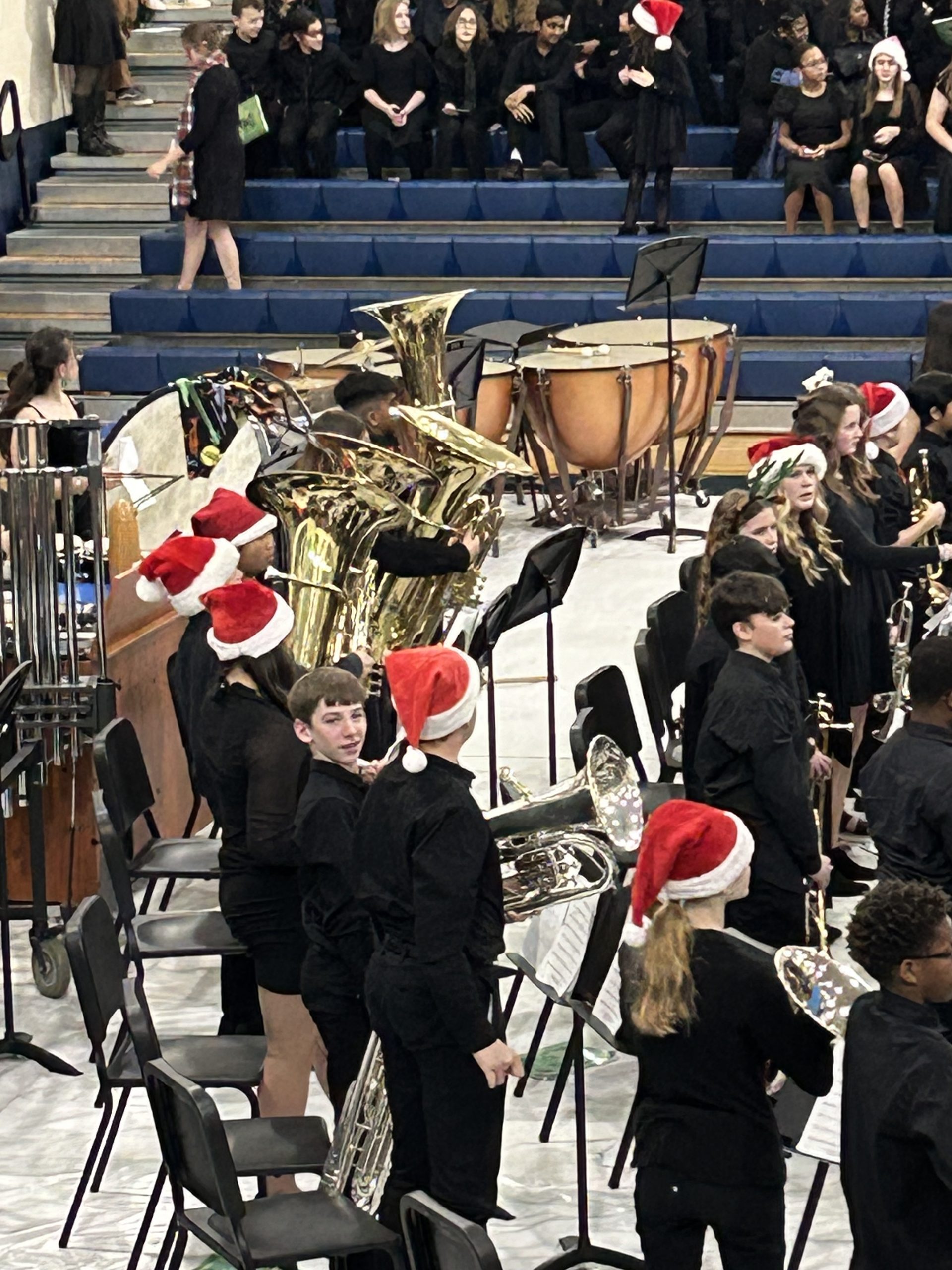Libraries play a key role in preventing the summer slide in education. They provide a free and open student environment, offering various educational resources and activities. Libraries also serve as a safe space for all individuals to spend time, and they contribute to the local economy by hosting events, book groups, and community gatherings, which in turn, support local businesses and restaurants through increased foot traffic.
Libraries also support the learning of the English language by providing authentic texts in a person’s native language. Some materials include graphic novels and visual texts, allowing ELL students to connect with other cultures and history. Additionally, there are easy readers suitable for students who have some knowledge of English but are intellectually engaging for older students.
Libraries Provide History
Libraries preserve history, and they preserve the truth in centuries of learning and history. Libraries do not provide misinformation on any subject. Magazines, news, and historical resources keep students informed with facts. They are a hub of information for students to keep their summertime occupied.
Literary Skills for Young Learners
Many libraries offer storytime for young students, where they can sing songs, read books, and have the chance to meet other students. Storytime allows students to demonstrate literacy skills and emphasizes the importance of reading to younger children. It introduces them to the joy of reading, learning, and discovery. As students hear stories about others, they build empathy and emotional intelligence skills.
Media Literacy
Many schools provide digital learning opportunities for students. Public libraries also support digital learning during the summer to prevent students from falling behind. They offer access to technology, devices, and the internet, with over 88% of public libraries providing digital skills and programming.
Students need to have media literacy skills. Technology continues to advance even when school is out for the summer. During this time, students can freely write journal entries and blogs, create videos, and practice coding skills for academic purposes. They can also work on their math and reading skills at the library, where they can make visual connections between conceptual ideas and computer games.
Professionals
Libraries are staffed with professional librarians who are experienced teachers with additional education in resource selection and management. These librarians help prevent the summer slide and assist students in developing a growth mindset by providing the necessary tools to find resources. They also help students explore topics and develop strategies for using online databases.



